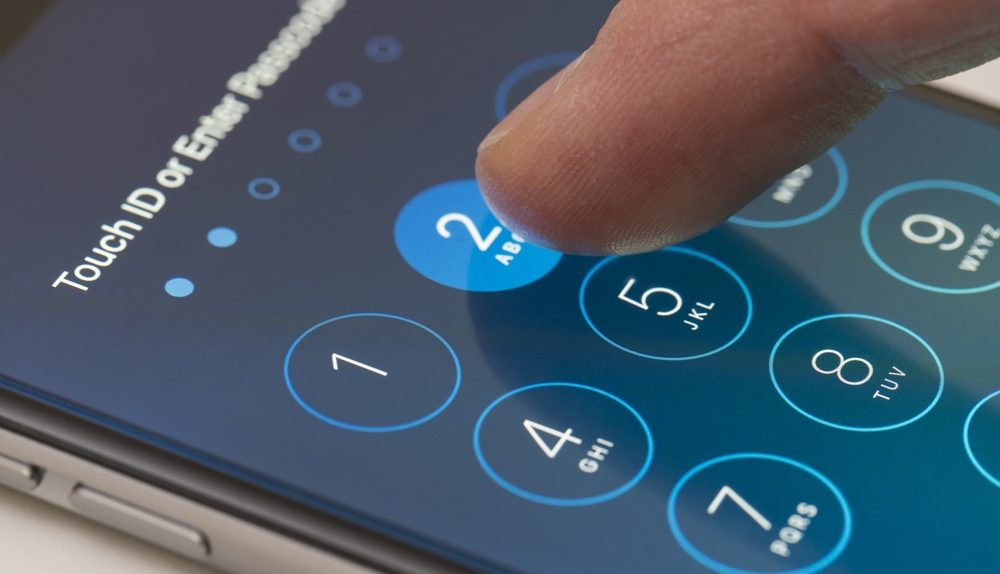A new report from the Office of the Inspector General (OIG) reveals that the FBI’s dispute with Apple over a locked iPhone may have been all for naught. If you recall, the FBI in late 2015 came into possession of a locked iPhone 5c belonging to one of the San Bernardino terrorists. Unable to access the device — as it was secured by a passcode — the FBI flat-out demanded Apple create a custom version of iOS to make things easier for them, a demand Apple steadfastly refused.
Following a highly publicized legal battle, the FBI ultimately managed to access the device via the help of a third-party. The OIG report, interestingly enough, now reveals that the FBI didn’t exhaust all of its options before it went looking for a solution from Apple.
What’s more, the 17-page report reveals that there was something of a disconnect between the FBI’s Cryptographic and Electronic Analysis Unit (CEAU) and the FBI Operational Technology Division (OTD).
The report reads in part:
According to the CEAU Chief, his unit did not ask CEAU’s partners to check with their outside vendors. CEAU was only interested in knowing what their partners had in hand – indicating that checking with “everybody” did not include OTD’s trusted vendors, at least in the CEAU Chief’s mind. However, we believe CEAU should have checked with OTD’s trusted vendors for possible solutions before advising OTD management, FBI leadership, or the USAO that there was no other technical alternative and that compelling Apple’s assistance was necessary to search the Farook iPhone.
Indeed, a popular talking point at the time was that the FBI had exhausted all of their technical resources and only Apple — with a custom version of iOS — would be able to help access the locked iPhone. Further, the report indicates that the FBI was aware that a software solution was potentially in the works at the same time it was busy claiming that it desperately needed Apple’s assistance.
Commenting on the report, US Senator Ron Wyden articulates that the FBI’s behavior in this regard was contemptible.
“The FBI’s leadership went straight to the nuclear option, attempting to force Apple to circumvent its encryption before attempting to see if their in-house hackers or trusted outside suppliers had the technical capability to break into the San Bernardino terrorist’s iPhone,” Wyden explained. “It’s clear now that the FBI was far more interested in using this horrific terrorist attack to establish a powerful legal precedent than they were in promptly gaining access to the terrorist’s phone.”








